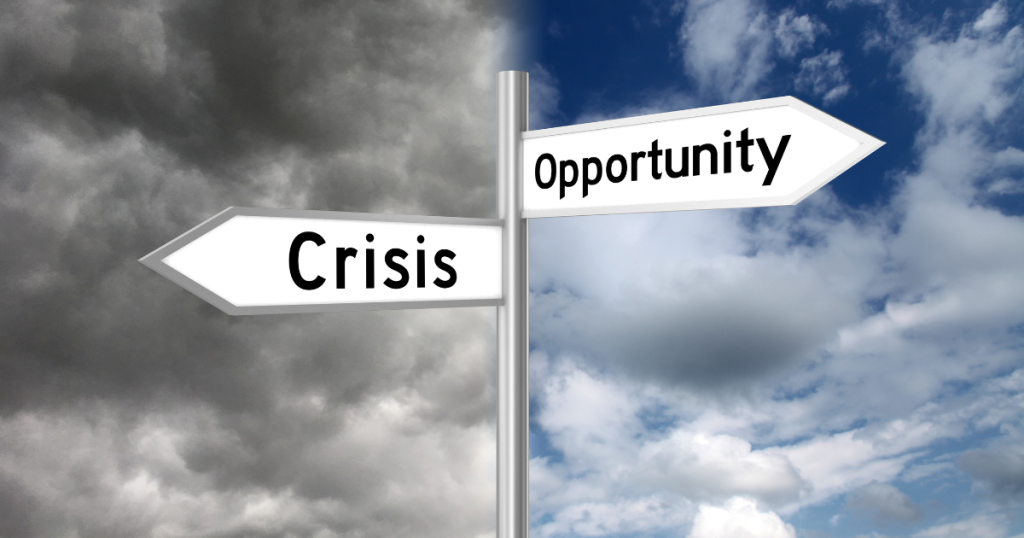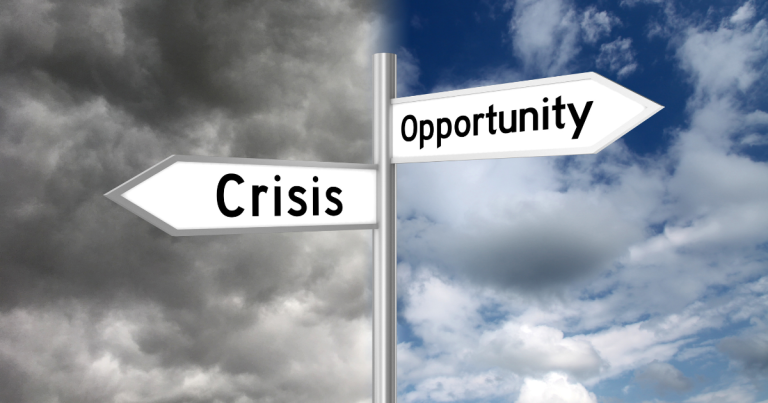
In times of economic downturn, the pursuit of sustainability may seem like a secondary concern for both businesses and individuals. However, adopting sustainable practices can be a strategic move to not only weather the storm of a recession but also emerge stronger on the other side. This article explores the intertwining of sustainability and economic challenges, shedding light on the opportunities for innovation that arise in the face of an economic recession.
Cost-Efficiency Through Sustainability:
Sustainable practices often go hand in hand with cost-efficiency. Companies can reduce operational costs by optimising resource use, minimising waste, and embracing energy-efficient technologies. During a recession, where every penny matters, these cost-saving measures become crucial for a company’s survival. Investing in renewable energy sources, streamlining supply chains, and incorporating circular economy principles can not only cut costs but also enhance long-term viability.
Consumer Preference for Sustainable Brands:
Despite economic uncertainties, consumers are increasingly mindful of their environmental footprint. Studies show that a growing number of customers prefer products and services from companies with strong sustainability credentials. Businesses that prioritise sustainability not only attract eco-conscious consumers but also build trust and loyalty. In a recession, where consumer spending may decline, maintaining a positive brand image through sustainability can be a differentiator in a competitive market.
Innovation as a Path to Recovery:
Economic downturns compel companies to reassess strategies, emphasising innovation as a key recovery driver. Sustainable practices necessitate creative solutions, fostering an organisational culture of innovation. Here are three examples where companies leveraged sustainability during a recession and reaped significant benefits:
- Unilever
During the global financial crisis of 2008, Unilever intensified its focus on sustainability. The company committed to reducing its environmental impact by half, while simultaneously increasing its social and economic contributions. Unilever’s sustainable brands, such as Dove and Ben & Jerry’s, not only resonated with environmentally conscious consumers but also bolstered the company’s overall market share. The commitment to sustainability not only weathered the recessionary storm but positioned Unilever as a leader in corporate responsibility.
- Interface Inc.:
In the early 2000s, the carpet manufacturing company Interface Inc. faced economic challenges. However, instead of resorting to traditional cost-cutting measures, Interface embraced sustainability as a means of innovation. The company adopted a mission called “Mission Zero,” committing to eliminating any negative impact on the environment by 2020. Through innovations like recycled materials and closed-loop manufacturing, Interface not only reduced its ecological footprint but also garnered positive attention and increased market share.
- Toyota:
During the economic downturn of 2008-2009, the automotive industry faced unprecedented challenges. Toyota, known for its commitment to sustainability, leveraged this crisis to reinforce its environmental initiatives. The company introduced fuel-efficient hybrid models like the Prius, capitalising on the growing demand for eco-friendly vehicles. This strategic move not only helped Toyota weather the recession better than many competitors but also solidified its reputation as an industry leader in sustainable transportation.
Government Incentives and Regulations:
Governments often use recessions as an opportunity to reshape economic policies. Many countries are increasingly incorporating sustainability goals into their recovery plans, offering incentives for businesses that adopt green practices. By aligning with these policies, companies can not only benefit from financial incentives but also stay ahead of future regulatory changes. This proactive approach positions businesses to thrive in a post-recession landscape where sustainability may become a mandatory standard.
Building Resilience in Supply Chains:
The interconnected global economy exposes businesses to supply chain vulnerabilities during recessions. Sustainable supply chain practices, such as diversification, local sourcing, and ethical labour practices, contribute to resilience. In times of crisis, a resilient supply chain can be the difference between survival and failure. Embracing sustainability in supply chain management ensures a more robust response to disruptions, securing the stability of operations.
Employee Engagement and Well-being:
Sustainable practices extend beyond environmental concerns to encompass social aspects. Companies that prioritise the well-being of their employees build a more engaged and productive workforce. In a recession, where job security is uncertain, fostering a positive work environment becomes critical for employee retention and motivation. Sustainable initiatives, such as flexible work arrangements, health and wellness programs, and ethical labour practices, contribute to a company’s social responsibility and employee satisfaction.
Adaptability and Long-Term Vision:
Recessions demand adaptability and a long-term perspective. Sustainable practices encourage businesses to look beyond short-term gains and consider the broader impact of their actions. By embracing a long-term vision focused on environmental and social responsibility, companies can build resilience against economic uncertainties. This forward-thinking approach positions organisations to thrive in a changing world where sustainability is becoming increasingly integral to success.
Conclusion:
Sustainability and economic resilience are not mutually exclusive; in fact, they are mutually reinforcing. Embracing sustainability in the face of a recession is not just an ethical choice but a strategic one. The challenges posed by economic downturns provide an opportunity for businesses to reassess their practices, innovate, and emerge stronger. As the world navigates through economic uncertainties, the integration of sustainability into business models becomes a beacon of hope, guiding companies towards a more resilient and sustainable future.

